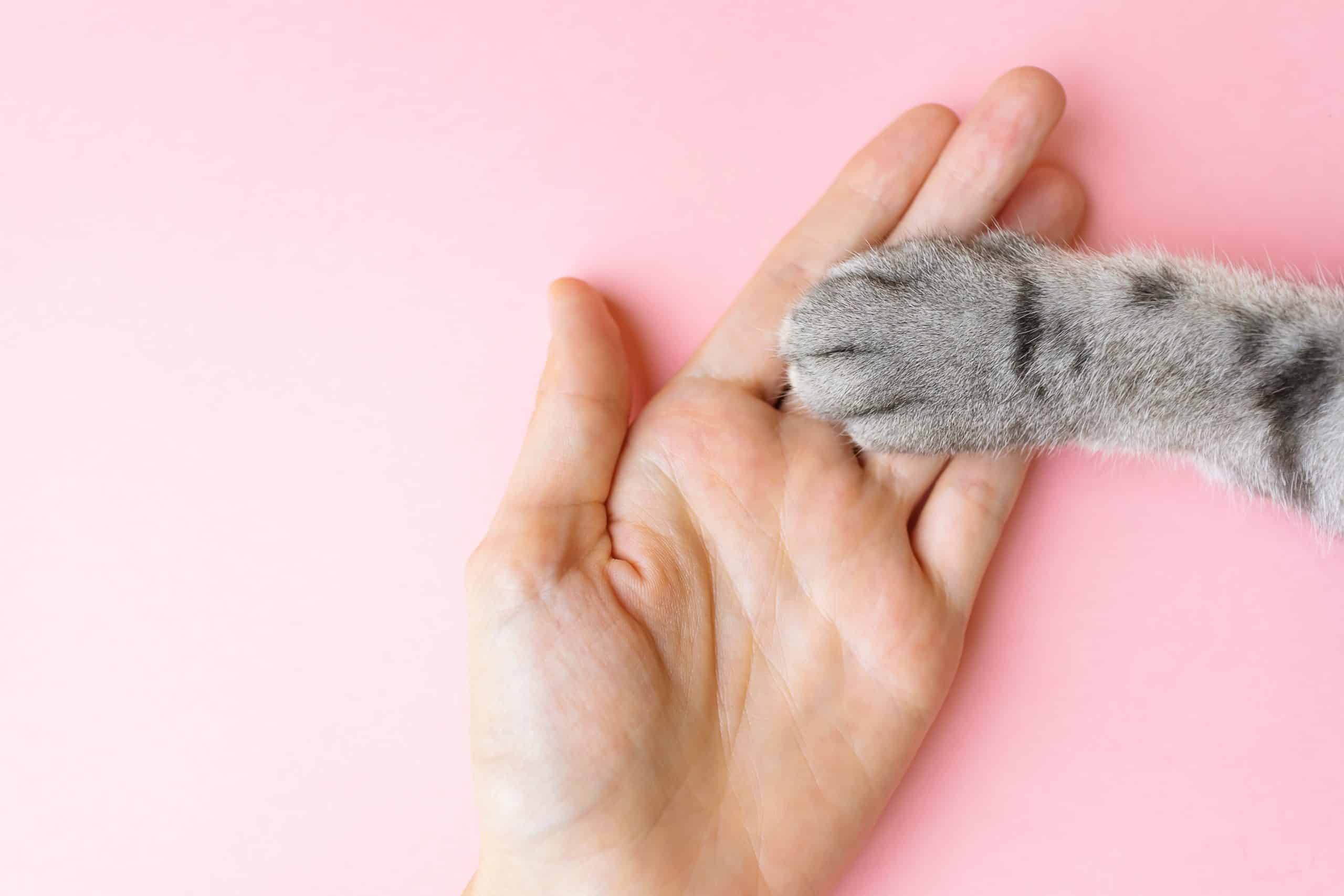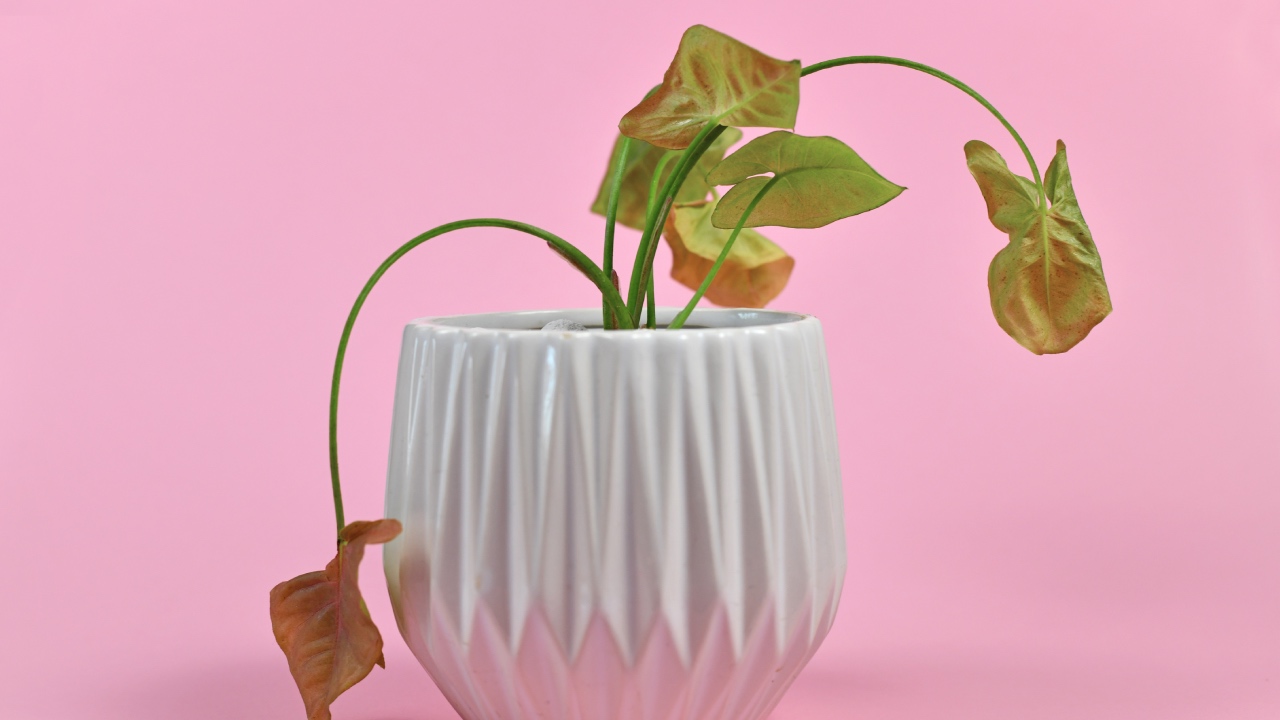
Why Does My Lemon Tree Leaves Have Yellow Spots blog
Pink staining can be a boating misfortune, but it's possible to prevent it before it ever occurs. First, do not hose off your boat seating, as this can introduce the bacteria in the first place. Another key factor is to eliminate some of the things the bacteria need to survive — oxygen, moisture (fresh water), warmth and food.

Why Does My Phone Charger Not Work CellularNews
Steps you can take to reduce the amount of pink slime that appears in your bathroom are: Ventilate the room during and after a shower for at least 30 minutes. Use an after-shower spray or squeegee to remove soap residue in your shower and tub. Limit the amount of moisture and soap scum you leave on surfaces.

Why Does My Chihuahua Snort Videos Pettopi
1. Iron in the Water Supply. The most common cause of pink stains is iron in your home's water supply. Iron occurs naturally in groundwater, wells, and many municipal water sources. According to the EPA, iron concentrations above 0.3 ppm (parts per million) can start to cause staining issues.

Why does my car pull to the right Practical information
Unsightly stains can show up on fixtures, appliances, or when washing laundry as well as your hair. These stains show up generally as pink, rust or reddish, black colored, dark brown, and green stains. Pink stains that appear in the toilet are not uncommon on well water or city water that is low in chlorine. However, this is not caused by the.

Why does my cat put its paw on me when I pet it? Kitty Cat Tips
However, when you use the water, it appears clear. The color appears after it touches oxygen or oxidants like chlorine bleach or hydrogen peroxide. These substances cause the iron to oxidize, which causes the water smells and water stains. Manganese. Found in the Earth's crust, manganese is common in groundwater.

Why does my plant have brown tips on the leaves? OverSixty
answered Dec 6, 2018 at 3:31. Natasha Woods. 1. Copper staining isn't usually a problem— rust staining is much more common in some places from cast-iron pipes— but the "pink stuff" in question is much more slimy and slippery to the touch than mineral deposits are, in my experience. - whiskeychief.

Why does my water leave Red / Orange stains?
Pink or red water and stains around plumbing fixtures can be caused by several agents. Rust or other mineral deposits that have been dislodged within the pipe could be the culprit. In a swimming pool or in homes where filters remove chlorine, the cause could be bacteria. Some of these situations are harmless while others need corrective action.

The Splinter Galaxy r/spaceporn
Red or pink water residue may be caused by iron, serratia marcescens bacteria, iron bacteria, potassium permanganate, sediments, or rusty pipes and water heaters. You can address red residue in water by removing contaminants or preventing contamination that leads to red discoloration. Vinegar and water make a great natural cleaner for red.

Bake Petulance shade red blood in dog stool is there Andrew Halliday Bring
For pH levels between 5 and 6.9, a calcite neutralizer should do the trick. For levels between 4-4.9, a calcite-corosex mix will be the best option. And for levels lower than 4, you will want to go with a soda ash chemical feed pump. A licensed expert can also help you find the right system for your situation. 9.

Why Does My Plantronics Headset Keep Muting Itself CellularNews
Why Do I Have Pink/Gray Stains on My Fixtures? What Causes Pink Residue. Pink residue is generally not a problem with water quality. In fact, pink residue is likely a result of airborne bacteria which produce a pinkish or dark gray film on regularly moist surfaces. Such surfaces include toilet bowls, shower heads, sink drains, and tiles.

Why Does My Puppy Keep Gagging
Pink water is likely from potassium permanganate, a chemical used to treat water systems. This chemical is used to remove bacterial growth, dissolved iron minerals, toxic compounds, manganese and hydrogen sulphide, which can cause your tap water to smell like rotten eggs. Although harmless, if used, pink water can cause stains on your hands.

Baby Had A Meltdown With Bath baby bath
For your toilet bowl, use the chlorine bleach and line your entire toilet bowl with the bleach solution. Check in the toilet tank for any pink residue, and add bleach in the tank as well if you see the presence of any pink residue in it. Scrub the toilet bowl clean using a toilet brush, and let the chlorine bleach sit to disinfect the toilet.

Why does my worse video have the most views? r/Tiktokhelp
If you see pink slime in your bathroom, Serratia bacteria are probably to blame. Â. Besides Serratia Marcescens, another common stain is rust. Although rust typically has a deep reddish-orange hue rather than a pink hue, the color may be diluted or mistaken for pink. When metal surfaces exposed to water begin to rust, bumping into their rough.

Food for thought...Part 2 r/ethicalfashion
Serratia Marcescens is an extremely common type of bacteria, found in everything from soil, to food, to animals. Known for its pinkish-red pigment, Serratia thrives in moist or dusty conditions, and needs almost nothing to survive. Easily carried by air, Serratia bacteria seek out moist locations in which to grow.

Why Does My Razer Kraken Headset Sound Muffled CellularNews
Cause: Typically orange or reddish staining is caused by high contents of iron, which is most common in well water systems. These stains are typically found inside the home around sinks, tub drains, and toilets, and outside wherever irrigation is directed. If you are on city water and experiencing orange staining, this may be due to the presence of iron in your municipal aquifer.

Why does my calla lily not bloom? Grow Flovers
Pink stains show up in different parts of the United States. Lab reults indicate that they are caused by either an airborne yeast or a bacteria called Serratia marcescens that could enter any house in a variety of ways. It can grow easily on wet surfaces and is usually found in toilets, sinks, and tub drains that don't thoroughly dry. Most.